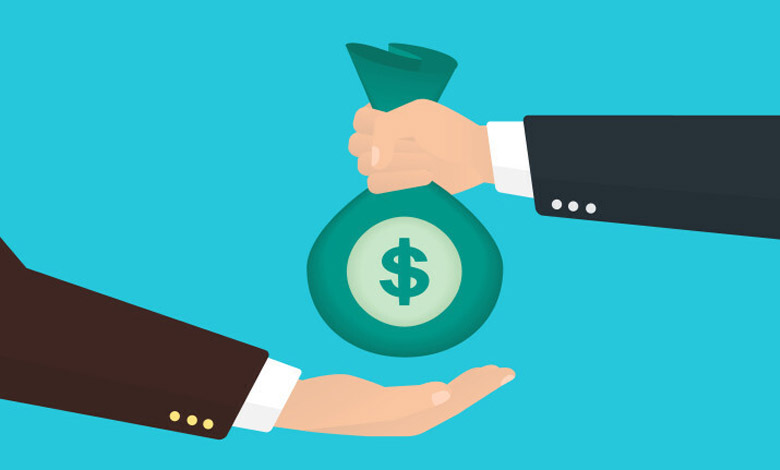While some of us have superior money management skills, with emergency funds always on hand and thus, never need to make an emergency loan, the rest of us aren’t so skilled. When somebody gets hospitalised or the house needs major repairs, we ordinary mortals usually need to take out a loan.
And when that happens, where do we go to? Do we get bank loans or payday loans?
Bank loans and bank charges
Although a lot of us are not fans of bank loans, there is an advantage to it: You do not need to repay the loan all in one blow.
If the amount you need to borrow is going to drain your next pay cheque – or your next five pay cheques – a bank loan definitely makes more sense.
The disadvantages of bank loans, however, are the following: First, approval takes time. These are not same day loans. Second, you may not meet the documentary requirements. Third, since you are being charged monthly, the total interest rates are generally higher than payday loans (presuming that you are able to pay your payday loan in full on its due date). And fourth, the charges are not always transparent.
What charges are you likely to meet, for instance?
-
Late fee. If you are late in paying your monthly fee, you will probably be charged for this.
-
Monthly service fee. This is a fee the bank charges you for the privilege of having an account with them.
-
Overdraft fee. This is charged whenever you exceed your credit limit, whether or not your overdraft was authorised.
-
Charge for exceeding authorised overdraft limits. This is an additional charge for exceeding an authorised overdraft.
Payday loans
If you need a same day loan, then payday loans are worth looking into.
For those who don’t know what a payday loan is, it’s simply a cash advance on your salary. Often, the only security required is your debit card details; so that on the day your loan becomes due the money can be deducted from your bank account.
Should your loan be approved, the amount is automatically deposited into your bank account.
Of course, like all other things, these loans come with their own disadvantages: basically, it often happens that one’s coming pay cheque is not sufficient to cover the amount one borrows. In that case, the borrower ends up renewing the loan instead of paying it back. This could amount to a higher interest charge than one might get with a bank loan.
If a borrower decides to pay back the loan by cheque and it bounces, the borrower would end up penalised by the bank also. In addition, the lenders, too, may have additional penalties of their own.
The good thing with payday loans, however, is that they are required by law to fully disclose the loan terms and interest rates, as well as all the fees involved. Compared to banks, the charges made by these lenders are definitely more transparent – an enemy you know rather than an enemy you don’t know, so to speak.



